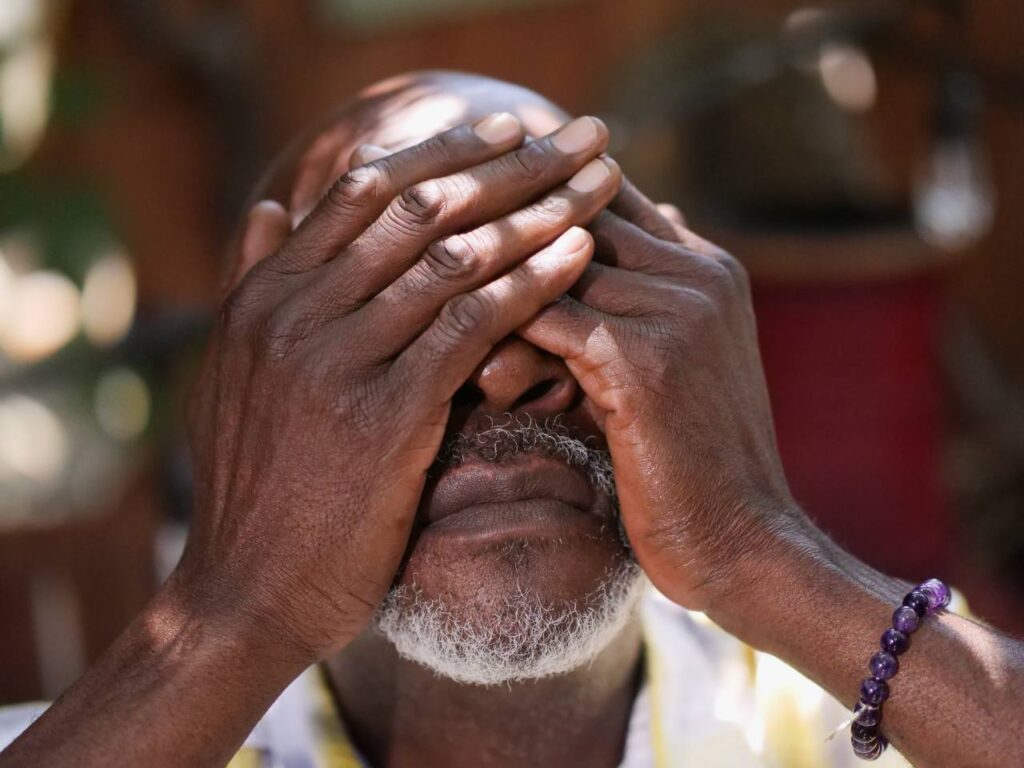Recently, multiple investigations focused on exploring the true power of psychedelic substances to treat various mental health conditions, including depression and post-traumatic stress disorder. More and more studies concluded that regulated doses of hallucinogenic drugs, like MDMA, ketamine, LSD, and psilocybin have the potential to be used for treating emotional and psychological conditions. But how about psilocybin treatment for dementia? Can magic mushrooms potentially heal this health condition in patients? Let’s determine this in the article below.
What is dementia?
Dementia is a general term that indicates the loss of specific thinking abilities and cognitive functions that can significantly complicate a patient’s daily routine. Alzheimer’s disease is among the most widespread causes of this condition. Meanwhile, critical changes in the brain, including damage to brain cells, typically provoke disorders included in the general term dementia.
These brain changes can affect a person’s feelings, emotions, relationships, social life, communication, and behavior. It is worth mentioning that neurodegenerative dementias, including Alzheimer’s, have no current treatment, while some medications are prescribed to relieve symptoms like anxiety and protect the brain from damage.
Can psychedelics help treat dementia?
Some scientists strongly believe that psychedelic drugs might be potentially implemented in treatments for people living with dementia, improving their mood, cognitive abilities, and general quality of life. Researchers from Johns Hopkins Center for Psychedelics and Consciousness Research started to explore the power of psilocybin for dementia.
They concluded that patients could leverage specific anti-inflammatory and neuroplastic properties of psychedelic substances, particularly from a cognitive point of view. Contrary to this, investigators are concerned about some syndromes, like Alzheimer’s, that aren’t curable. Therefore, it won’t be wise to perceive psilocybin dementia treatment as a miracle. After all, psychedelics still have the power to heal some physical and mental suffering in patients living with dementia and enhance their cognitive abilities.
What would happen if someone with dementia took psilocybin shrooms?
In fact, psilocybin and dementia effects might differ from one patient to another. At the same time, taking magic mushrooms in controlled settings and under supervision can potentially bring people more benefit than harm. This approach is known as psilocybin-assisted therapy, where a specialist accompanies patients through their deep psychedelic experience and helps them gain crucial insights. But before scheduling therapy, a physician should assess the opportunity to get traditional dementia treatments and then move to alternatives. Furthermore, psilocybin is still illegal in many countries, so getting therapy might be challenging.
Step-by-step guide on microdosing psilocybin for dementia
Microdosing psilocybin for dementia might also be prescribed, according to the case. The first step within the practice of taking tiny amounts of dry shrooms is measuring the right microdose – the ideal dosage to start with is 0.1 g. You can opt for or grow Psilocybe cubensis, Psilocybe azurescens, Psilocybe cyanescens, or other common shroom types to microdose.
Revealing the severity of your mushrooms will never hurt, too. Next, you can place ground mushrooms in capsules for more accurate measuring or brew a mushroom tea to take a microdose. Selecting a suitable microdosing protocol is also essential.





